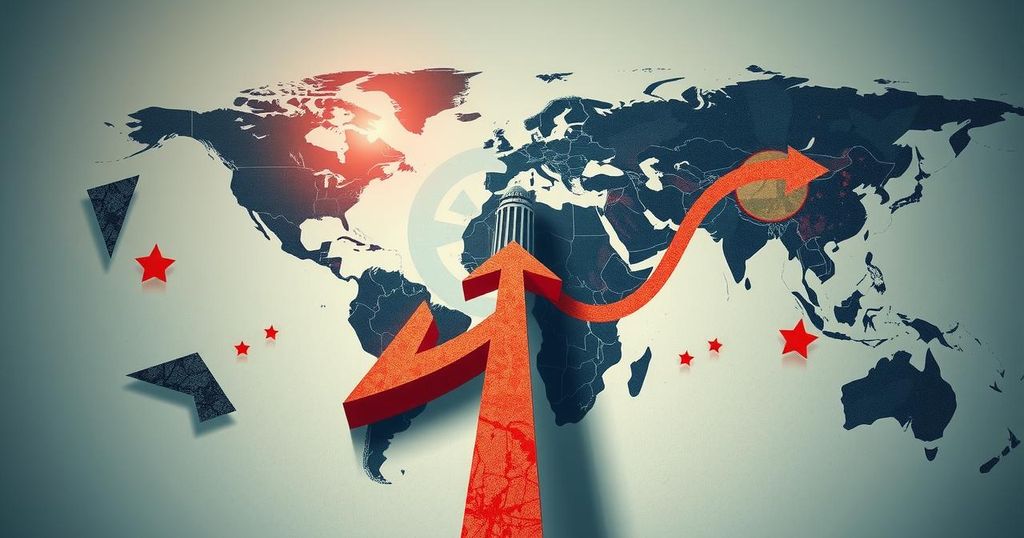Argentina plans to exit the World Health Organization, citing significant disagreements over health management, especially during the Covid-19 pandemic. This decision follows the United States’ withdrawal led by former President Trump, indicating a shared agenda between the two countries regarding sovereignty and health governance. Argentina aims to enhance flexibility in implementing local health policies and will no longer contribute membership fees to the WHO.
In a significant move, Argentina announced its intention to withdraw from the World Health Organization (WHO), aligning itself with the United States’ recent decision to exit. The announcement was made by President Javier Milei’s office, articulating similar concerns over the WHO’s management of the Covid-19 pandemic. According to spokesman Manuel Adorni, the withdrawal stems from what he described as “deep differences regarding health management, especially during the pandemic.”
Milei’s administration emphasized the need to preserve national sovereignty, stating that Argentina would not permit an international entity to interfere in its domestic affairs. Adorni expressed frustration with what he called the “longest lockdown in the history of humanity” and emphasized a perceived lack of independence within the WHO due to political influences from certain nations.
By exiting the organization, Argentina aims to gain more flexibility in implementing health policies tailored to its specific context, thus enhancing the availability of resources for its health sector. Notably, WHO data indicates that Argentina contributed approximately $8.75 million in membership fees in the years 2022 and 2023, accounting for about 0.11 percent of the body’s overall budget. For the upcoming budget period of 2024/25, the nation is set to contribute $8.25 million.
The World Health Organization has faced scrutiny for its handling of global health crises, particularly during the Covid-19 pandemic. Argentina’s decision to withdraw mirrors a similar stance taken by the United States under former President Donald Trump, who cited concerns over the WHO’s governance. The Argentine government aims to assert control over its health policies, reflecting a broader trend of nations reassessing their relationships with international bodies due to perceived inefficiencies or political influences.
Argentina’s withdrawal from the World Health Organization signifies a withdrawal from international health governance, prioritizing national autonomy and policy flexibility. With President Milei’s administration echoing sentiments observed in the United States, this move illustrates a growing trend among nations to reassess their dependencies on global organizations for health management. As Argentina seeks to implement localized health strategies, the implications of this decision for public health in the country remain to be seen.
Original Source: www.dawn.com






